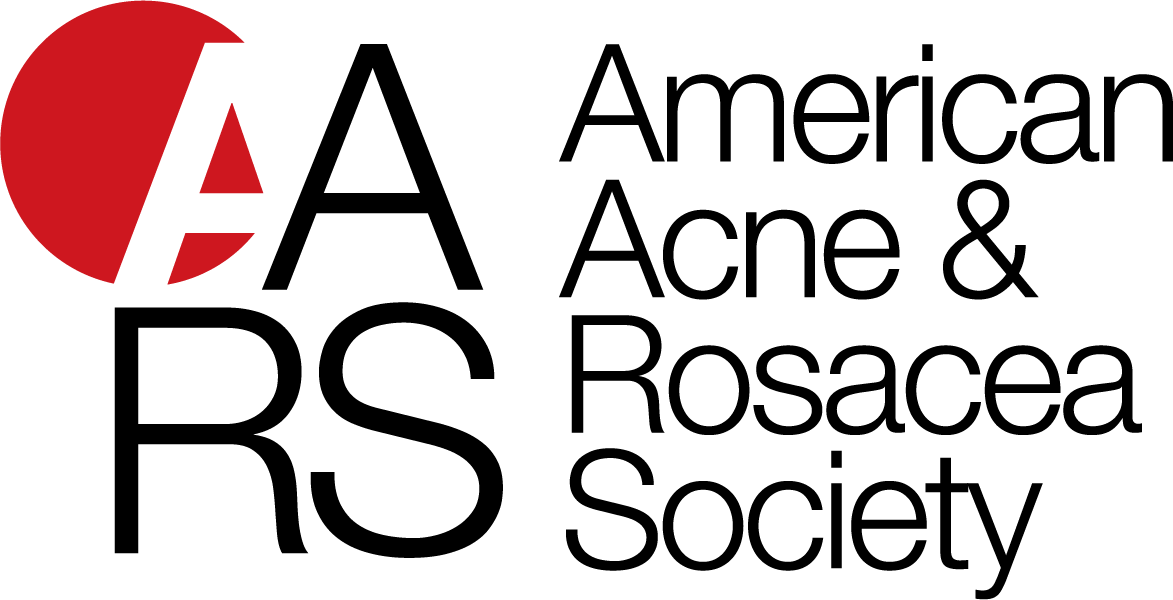Vikash S. Oza, MD
New York University, School of Medicine
New York, NY
2017 Research Grant Recipient
The Effect of Oral Doxycycline on the Cutaneous and Gastrointestinal Microbiome of Acne Patients
Mentor Seth J. Orlow, MD, Ph.D
Abstract
Acne vulgaris is an inflammatory disease afflicting an estimated 85% of young persons. Oral antibiotic therapy, particularly the tetracycline class, has been a cornerstone of acne vulgaris treatment for decades and is a first line treatment for moderate to severe acne vulgaris. Due to concerns for antibiotic overuse and the development of antibiotic resistance in the population, current guidelines recommend limiting the duration of oral antibiotic therapy to 3 months. An important question that remains poorly elucidated is what impact acne therapies have on our patients’ skin and intestinal microbiome. Current research indicates that even short courses of non-tetracycline antibiotics may change the proportion and number of indigenous commensal bacteria for months to years.
We hypothesize that young, healthy AV patients treated with topical medication and a three-month course of doxycycline will evince changes in the species richness and diversity of their cutaneous and intestinal microbiome compared to those treated with topical medication alone or with oral isotretinoin. To assess this, we will enroll patients with acne vulgaris who are being treated with a topical retinoid plus benzoyl peroxide, doxycycline for 3 months, or a standard course of isotretinoin. Skin and rectal swabs will be collected from subjects at baseline and 4 weeks, 12 weeks, 6 months, and 12 months. High throughput sequencing of the swabs will be used to determine changes in microbiome diversity during and months after therapy.
Our understanding of the human microbiome is rapidly increasing. As the ramifications of these commensal organisms on human health become clearer, it is imperative that we understand how they are impacted by common therapies for common conditions.




